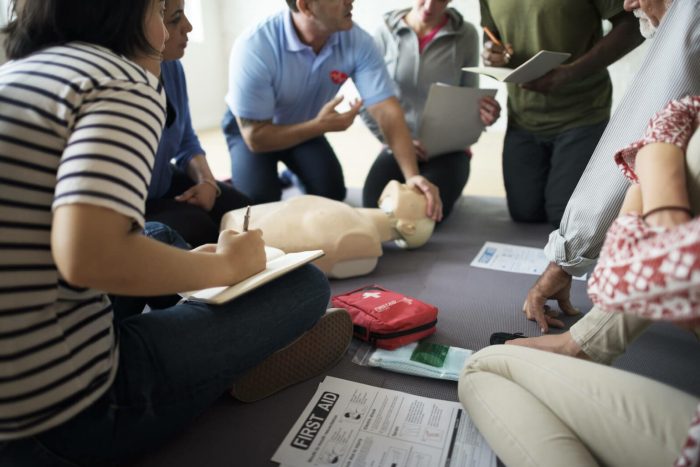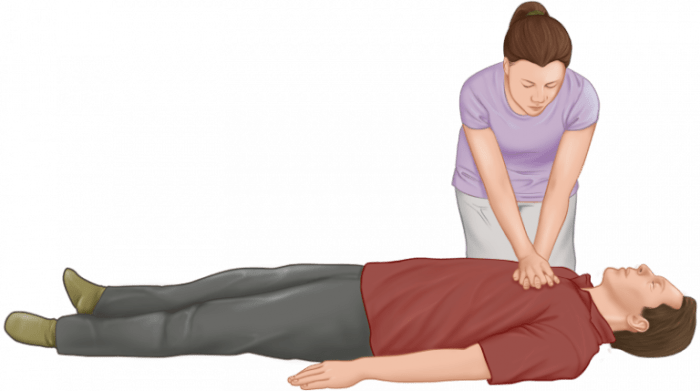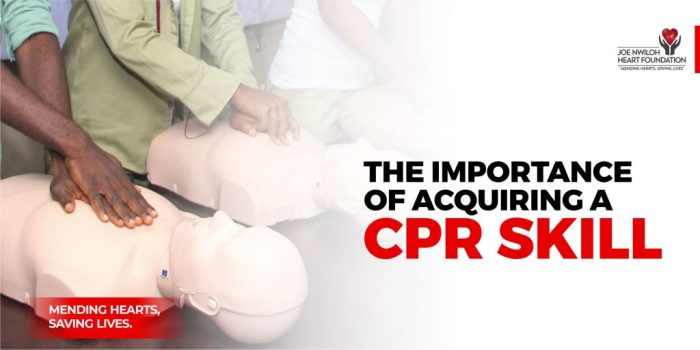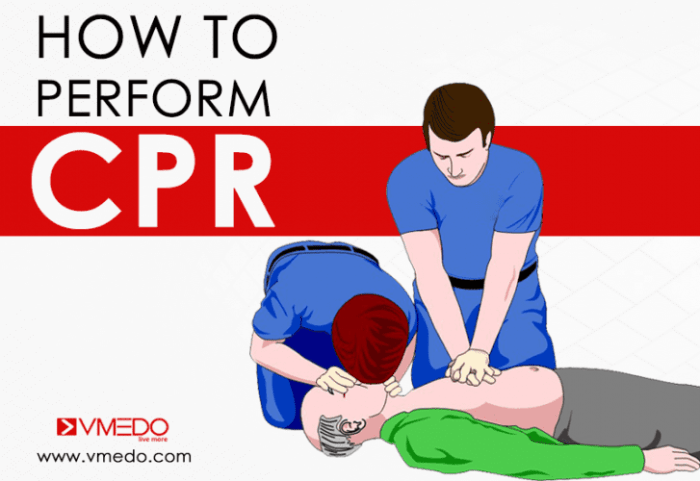Being uncertain of having the skills to perform CPR is a common concern that can have a significant impact on individuals’ willingness to provide life-saving assistance in an emergency. This uncertainty stems from various factors, including lack of training, infrequent practice, and perceived complexity of the procedure.
Understanding the prevalence, causes, and consequences of this uncertainty is crucial for developing effective strategies to enhance CPR skills and confidence.
Research indicates that a substantial proportion of individuals feel uncertain about their ability to perform CPR effectively. This uncertainty can lead to hesitation or inaction during an emergency, potentially resulting in negative outcomes for the victim. Therefore, addressing this uncertainty is essential to promote timely and effective CPR provision.
Prevalence of Uncertainty about CPR Skills

Individuals often experience uncertainty about their CPR abilities. Research suggests that up to 50% of people report feeling uncertain or unskilled in performing CPR.
Reasons for Uncertainty

- Lack of Training:Many individuals have never received formal CPR training or their training is outdated.
- Infrequent Practice:Even those who have received training may not practice CPR regularly, leading to skill decay.
- Perceived Complexity:CPR can seem like a complex procedure, which can create feelings of inadequacy.
- Psychological Factors:Anxiety, fear, and self-doubt can also contribute to uncertainty about CPR skills.
Impact of Uncertainty
Uncertainty about CPR skills can significantly affect individuals’ willingness to perform CPR in an emergency. Studies show that people who feel uncertain are less likely to intervene, leading to potential delays in life-saving assistance.
Overcoming Uncertainty

- Training and Practice:Regular CPR training and practice are crucial for building confidence and reducing uncertainty.
- Build Confidence:Engage in scenarios and simulations to gain hands-on experience and enhance confidence.
- Successful Interventions:Share stories of successful CPR interventions to inspire and motivate individuals.
Role of Education and Training: Being Uncertain Of Having The Skills To Perform Cpr

Education and training play a vital role in addressing uncertainty about CPR skills. Accessible and comprehensive CPR training programs should be widely available.
- Training Effectiveness:Focus on enhancing the effectiveness of training interventions through innovative methods and feedback mechanisms.
Psychological and Emotional Aspects
- Anxiety and Fear:Explore strategies for managing anxiety and fear, which can hinder CPR performance.
- Self-Doubt:Address self-doubt and promote self-efficacy through positive reinforcement and support.
Ethical and Legal Considerations
Uncertainty about CPR skills raises ethical and legal considerations. Individuals and healthcare professionals have a responsibility to provide assistance when possible.
- Determining Appropriateness:Establish guidelines for determining when it is appropriate to perform CPR despite uncertainty.
Future Directions and Innovations
- Technology in CPR Training:Explore the use of technology, such as virtual reality and simulation, to enhance CPR training and reduce uncertainty.
- Promising Advancements:Highlight promising advancements in CPR techniques and training methods that could further reduce uncertainty.
Essential Questionnaire
What are the most common reasons for uncertainty about CPR skills?
Lack of training, infrequent practice, perceived complexity of the procedure, and psychological factors such as anxiety and self-doubt are common reasons for uncertainty about CPR skills.
How can I overcome my uncertainty about performing CPR?
Enroll in a CPR training program, practice regularly, and address any psychological barriers through cognitive-behavioral interventions or support groups.
What are the consequences of being uncertain about my CPR skills?
Uncertainty about CPR skills can lead to hesitation or inaction during an emergency, potentially resulting in negative outcomes for the victim.